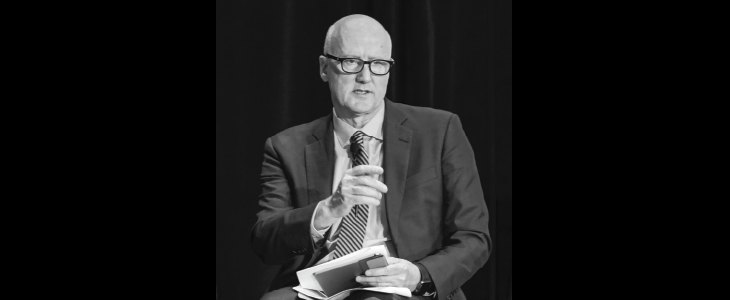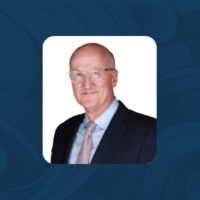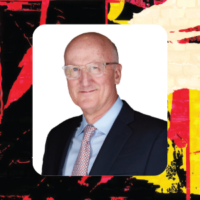
Public-private partnerships that unite law enforcement (LE), financial institutions—and sometimes not-for-profits—have been amazingly successful in detecting, preventing and prosecuting all sorts of financial crimes, including human trafficking (HT).
Project Protect in Canada, created following a presentation on HT at an Association of Certified Anti-Money Laundering Specialists (ACAMS) event, offers one model: sharing largely public information that LE, financial institutions and not-for-profits have compiled into typologies of trafficking, while also enlisting banks and the public to help identify and report incidents of HT in their communities.
In the United Kingdom, the Joint Money Laundering Intelligence Task Force, or JMLIT, has worked as a kind of cold (or at least perplexing) cases committee. In this model, private sector analysts and LE investigators come together to review suspicious transaction reports and non-public information to catch crooks.
Public-private partnerships have succeeded through the efforts of champions like Elizabeth (Liz) Loewy. Loewy grasped the potential of these partnerships when, more than 25 years ago as an assistant district attorney (DA) in New York County, she began talking to financial institutions about elder financial abuse.
Consistent with recognizing the benefits of partnering with the private sector, Loewy pitched the idea of creating a standing elder abuse unit to her boss, the legendary New York DA Robert Morgenthau.
Loewy became the unit’s first chief, overseeing hundreds of investigations and prosecutions annually, until stepping down after 18 years in that role and a total of 30 years with the Manhattan DA.
With 10,000 people turning 65 in America
every day and the rate of dementia among
the elderly growing, Loewy thinks the incidence of elder abuse will only get worse.
To prevent it, Loewy believes there is a
need for more dedicated elder abuse units
and public-private initiatives.
That there is resistance to creating more dedicated elder abuse units may reflect ageism, says Loewy, during the course of an interview for my podcast series, “Financial Crime Matters.”
“I love old people,” she says, adding that the aging are too often ignored when they express fears that they have been cheated or are in physical danger, their agitation written off as confusion—a mere consequence of age.
But some financial institutions have responded by training customer-facing employees to recognize signs that an older client is being abused. This leads to timely reports to protective services and local LE. (Regulations around reporting suspected elder abuse vary from country to country and, in the U.S., from state to state. Financial professionals must be prepared to act on behalf of the elderly by knowing the rules.)
Protecting the elderly from abuse has become Loewy’s life’s work, which she is fulfilling in her current role as co-founder and chief operating officer at EverSafe.
According to its website, “EverSafe monitors bank and investment accounts, credit cards, and credit data for you, your family and your clients. Our alerts are designed with seniors in mind.”
Loewy’s work in the technology sector is reminiscent of that of another alum of the New York DA’s office, Angel Swift, another guest on my podcast.
Following a stint with the DA and time heading investigations at American Express, Swift is now at Enigma Technologies. In partnership with ACAMS, the not-for-profit anti-HT organization Polaris and others, Enigma has launched an information-sharing website designed to bring LE together against trafficking.
For Loewy and Swift, the fight they began
as prosecutors continues utilizing new
tools.
Their work suggests there is a third or fourth party that can be brought to the table in collaborative efforts to fight financial crime: for-profit technology companies.
At ACAMS, we do not endorse one tech provider over another, remaining agnostic as to which technology vendor has the best artificial intelligence or know your customer screening tool.
However, there is no doubt that technologists are developing great tools to fight financial crime and that what they are developing should inform public and private sector information sharing efforts.
With a nod to the work Loewy and Swift are doing, let me also praise those in the financial and LE sectors who have gone above and beyond to collaborate to catch bad actors. That said, there is more to be done. And much good that can be done when we work together.










